Product pictures
| Amount Per 22 g | |||
| Calories | 100 Kcal (419 kJ) | ||
| Calories from fat | 40.5 Kcal | ||
| % Daily Value* | |||
| Total Fat | 4.5g | 7% | |
|---|---|---|---|
| Saturated Fat | 2g | 10% | |
| Sodium | 180mg | 8% | |
| Total Carbs | 15g | 5% | |
| Calcium | 70mg | 7% | |
* Percent Daily Values are based on a 2000 calorie diet. Your daily values may be higher or lower depending on your calorie needs.
Find out how many calories should you eat.
Ingredients And Nutrition Overview
Best
choice Good
choice Poor
choice Avoid
it!
choice Good
choice Poor
choice Avoid
it!
-
WeightWatchers Points: 2.4, PointsPlus: 3, SmartPoints: 3
WeightWatchers Points are estimated by carbohydrates, fats, protein and fiber in product. They are not an affirmation of better quality or nutritional value of the product or its manufacturer. Only way to count for dieters. Less points are better.
Read more at Weight watchers diet review -
Convert Salt tsps to Sodium mg easily
Salt (NaCl) is not excactly sodium (Na).
It is not right to use these terms as synonyms.
The FDA recommended limit of sodium is 2,300 mg per day (or even less - about 1500 mg while one is on low sodium diets).
This is much less than the weight of salt.
(5,750 mg per day or 3,750 mg for low sodium diet) and not so convenient to calculate.
Know how much sodium is in your salt - without a calculator:
1/4 tsp salt = 600 mg sodium
1/2 tsp salt = 1200 mg sodium
3/4 tsp salt = 1800 mg sodium
1 tsp salt = 2300 mg sodium -
Interested in getting more protein?
Protein is important, but some of the protein you find in this product isn't exactly natural.
The protein comes from one of the following sources:
- milk protein concentrate
- whey protein isolate
- soy protein isolate
and that it's not ideal to get protein only from processed goods.
If you're looking for more protein, try beans, quinoa, nuts, seeds, peas and spinach & leafy greens.
Not only do they have protein, they're filled with other vitamins and minerals. -
Contains milk protein concentrate
Milk Protein Concentrate (MPC) is a white to light-cream-colored dry powder.
It is a very cheap milk byproduct of skim milk through a series of processes that includes ultrafiltration,
evaporation and drying of the milk until it reaches a powder form.
Some more info:
- Most of the MPC's are imported as a dry powder from countries with lax food safety regulations (China for example).
- MPC's are added to processed food products to increase the amount of protein without increasing the carbs.
-
Contains MSG!
Monosodium Glutamate is used as a flavor enhancer with an umami taste that intensifies the meaty, savory flavor of food.
Naturally occurring glutamate does it in foods such as stews and meat soups.
Despite the fact that MSG is one of the most extensively studied food ingredients and is generally recognized as safe (GRAS) by FDA.
Some people should steer away from it as they feel that react adversely to MSG.
MSG is generally found in processed, low-quality foods, stuff that you shouldn’t be eating much.
REMEMBER: Any food ingredient listed as hydrolyzed, protein-fortified, ultra-pasteurized, fermented or enzyme-modified is often MSG, or creates free glutamic acid during processing. -
Contains MSG-like ingredients
People feeling reaction to MSG may also react adversely to MSG-like substances.
Glutamates or chemically similar items are added to improve a product's taste.
Here is a short list of common MSG-like substances:
- Yeast extract
- Autolyzed yeast
- Hydrolyzed proteins
- Textured proteins
- Anything "enzyme modified"
Allergens
Soy Allergy, Sesame Allergy, Milk Allergy, Lactose Allergy, Corn Allergy
Yoki Ingredients
Manioc Starch, Partially Hydrogenated Vegetable Oil, Whole Milk Powder, Cheese Flavor (Cheese, Milk Whey Powder, Vegetal Fat, Maltodextrine, Salt, Milk Protein and Aromatizing), Cheese Flavor (Milk Whey, Salt, Maltodextrin, Corn Starch, Modified Corn Starch, Yeast Extract Powder, Flavor Enhancer: Monosodium Glutamate, Natural Aromatizing, Antihumectant Tricalcic Phosphate and Solicon Dioxide, Acidulant Citric Acid), Salt, Cheese Powder, Flavor Enhancer: Monosodium Glutamate, Acidulant: Lactic Acid.
You Might Also Like
% RDI of Main Nutrition Facts
5%
of RDI* (100 calories) 22 g
-
Cal: 5 %
-
Fat: 6.9 %
-
Carb: 5 %
-
Prot: 0 %
-
0%25%75%RDI norm*
Calories Breakdown
- Carbs (57.1%)
- Fat (42.9%)
Get Your Recipe of Health!
Follow RecipeOfHealth on Facebook!

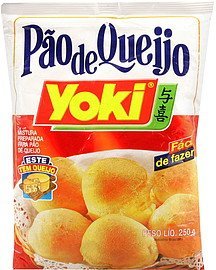
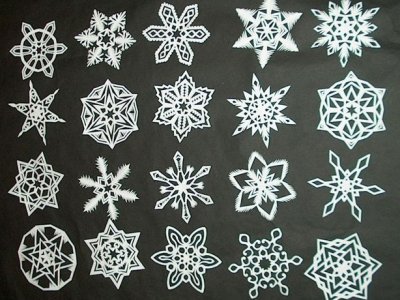
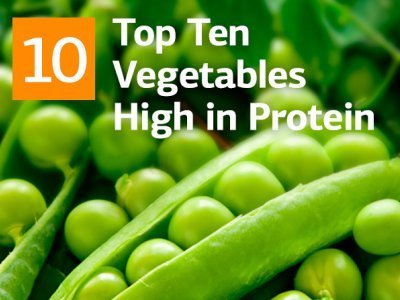

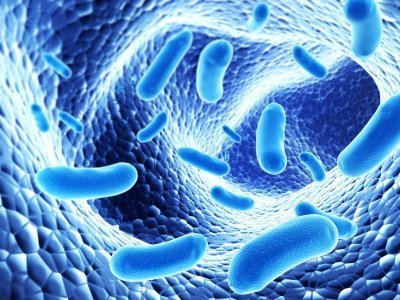



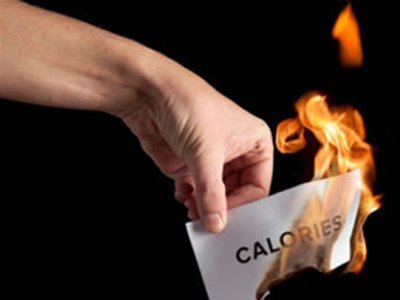
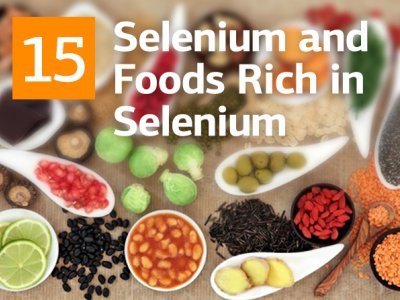
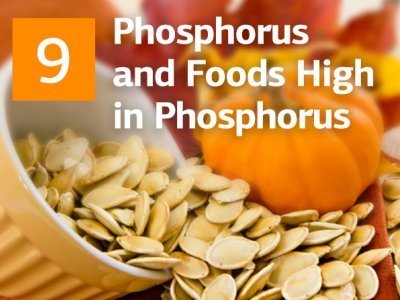
Add your comment